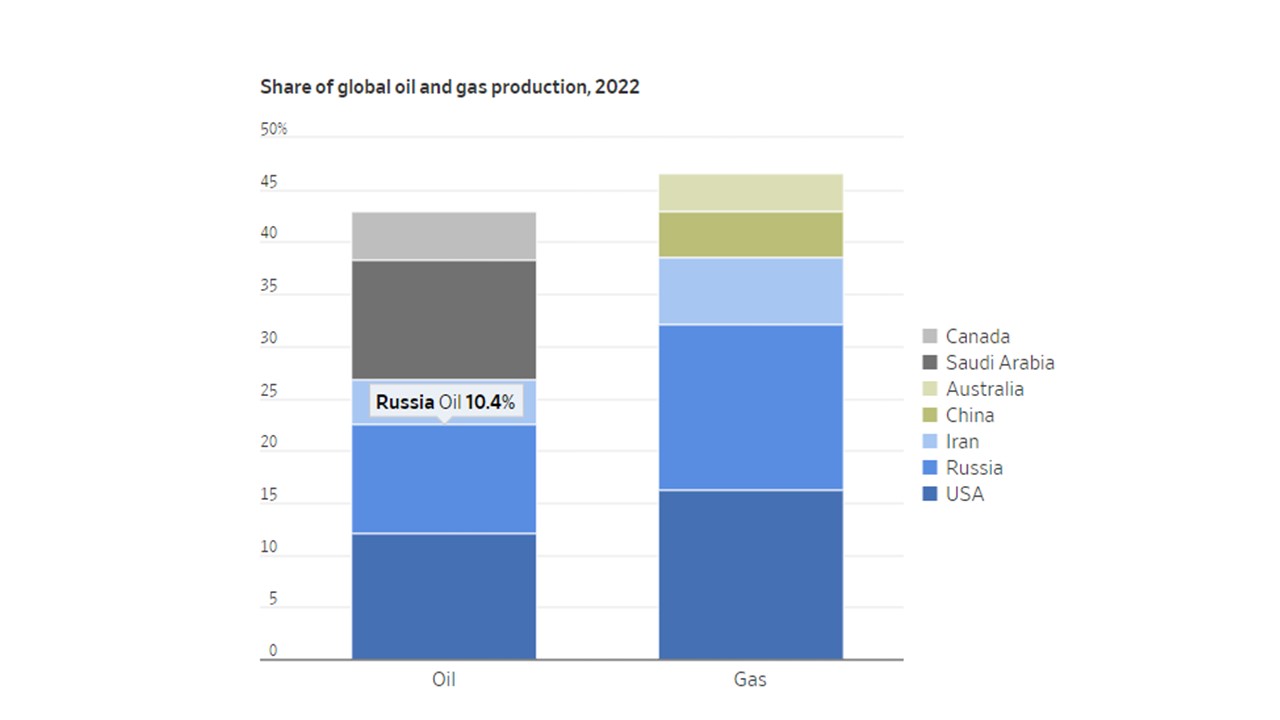
By Sung Won Sohn
The author is professor of finance and economics at Loyola Marymount University and president of SS Economics. He was executive vice president at Wells Fargo Banks and senior economist on the President’s Council of Economic Advisors in the White House.
A surge in oil prices to $150 to $200 a barrel has far-reaching consequences, with past records indicating a negative correlation between rising oil prices and economic growth. Historically, a $10 increment in the oil price has been linked to a 0.20 to 0.30 percent escalation in the Consumer Price Index (CPI) and a 0.10 to 0.15 percent dip in economic growth (GDP).
One positive news is that the U.S. economy now operates on 60 percent less oil than it did in the 1970s to produce the same GDP amount. Consumers bear the brunt of higher oil prices, facing inflated costs for gasoline, heating, and other daily essentials.
The lower real disposable income would slow consumer spending in the economy. Key industries anchored to oil, like petrochemicals and transportation, would see higher production costs, fueling inflation. Oil-importing nations would experience burgeoning trade deficits. Conversely, oil-exporting nations would enjoy a windfall of higher oil prices.
The Federal Reserve would face a difficult choice. The inflationary pressure from higher oil prices might compel them to raise the interest rate.Although such a move is designed to control inflation, a combination of higher oil prices and the interest rate risks an economic recession.
The higher interest rate also affects currency values. Oil-exporting nations might witness their currencies strengthen, while oil importers would see the opposite.On the other hand, looming fears of a recession might encourage central banks to stand pat until the smoke clears.
Financial markets, like the stock market, mirror these global economic volatilities. Firms in oil exploration and production would see improved profitability, seeing their stock price rise. Yet, sectors heavily dependent on oil, such as airlines and manufacturing, might see lower profits and declining stock prices.
Higher oil prices could hurt the stock market in general due to fears of spiraling inflation, curtailed consumer spending, and a possible recession. Emerging markets, particularly those reliant on oil imports, would suffer, whereas the economies of oil-exporting nations would strengthen. In the process, bond yields could rise, further hurting economic growth.
In conclusion, while an increase in oil prices is influenced by various external factors, it has a significant impact on the global economy. The complex consequences highlight the need for policymakers to navigate these uncertain situations with care and foresight.



![Korean Woman Deported After Using Altered Passport Name Old and new Korean passport [JoongAng Photo]](https://www.koreadailyus.com/wp-content/uploads/2025/06/0630-passport-100x70.jpg)
![Korean homeless residents face eviction from LA-subsidized housing Hyun Park(left), a long-term resident of a homeless rental housing unit, speaks with KYCC Director Rick Kim (far right). [Sangjin Kim, The Korea Daily]](https://www.koreadailyus.com/wp-content/uploads/2025/06/0630-homeless-100x70.jpg)
